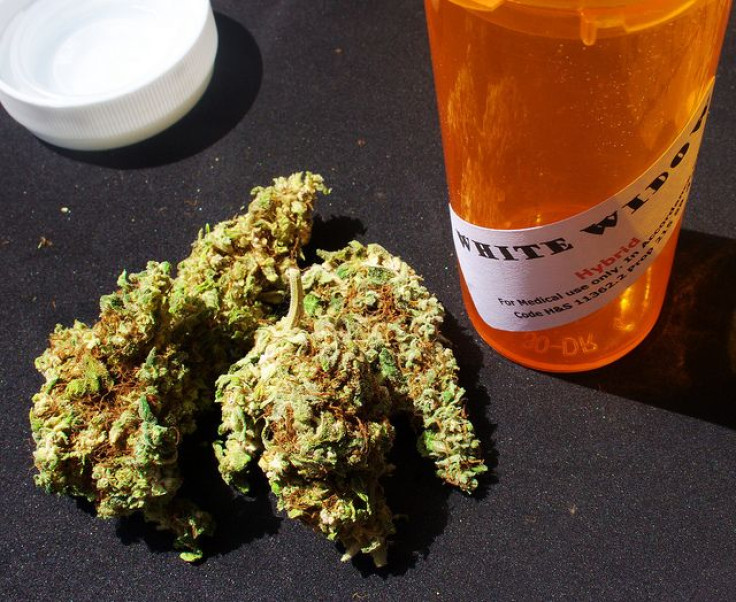Medical Marijuana Legalized In Illinois; State Becomes 20th In The Nation

Illinois became the 20th state to legalize medical marijuana, after Gov. Pat Quinn signed the bill into law on Thursday.
"This is really an important day, I think, for healing in Illinois," Quinn said at a signing ceremony. "For helping people who are dealing with pain every day, often times very severe pain."
While many other recently implemented medical marijuana laws come with tighter restrictions, supporters of the bill are saying that this one could be the strictest in the nation. Doctors will only be allowed to prescribe the drug to patients with one of 42 illnesses, including cancer, multiple sclerosis, and acquired immune deficiency syndrome. Patients won't be allowed to receive more than 2.5 ounces every two weeks, and both the patient and their doctors will have to prove that they had an ongoing relationship with each other before medical marijuana can be prescribed, according to the Daily News.
But the state's restrictions don't stop there. After seeing the way that other states have handled the increasing growth of medical marijuana dispensaries and illegal growing, Illinois' law will only allow 60 locations to sell medical marijuana, and patients will only be allowed one location to buy the drug. Patients are also barred from growing their own plants, the Chicago Tribune reported.
Similar delays could be seen in Washington D.C., where a medical marijuana law was passed in 1998, but not implemented until earlier this year. Even then, dispensaries that were supposed to open in May still haven't opened due to postponed marijuana-prescribing licenses for doctors and postponed releases of medical marijuana applications.
These factors contribute to what could be months of delays before medical marijuana is available, even though the law goes into effect on Jan. 1. Regardless, supporters of the law see it as a victory.
"Illinois is the latest of a growing number of states adopting compassionate, commonsense legislation that reflects the proven medical benefits of medical marijuana," Chris Lindsey, legislative analyst for the pro-pot organization Marijuana Policy Project, said in a statement.
"Seriously ill people in every state deserve the same safe and legal access to medical marijuana, and we will continue to work with patients and advocates around the nation until they have it."



























